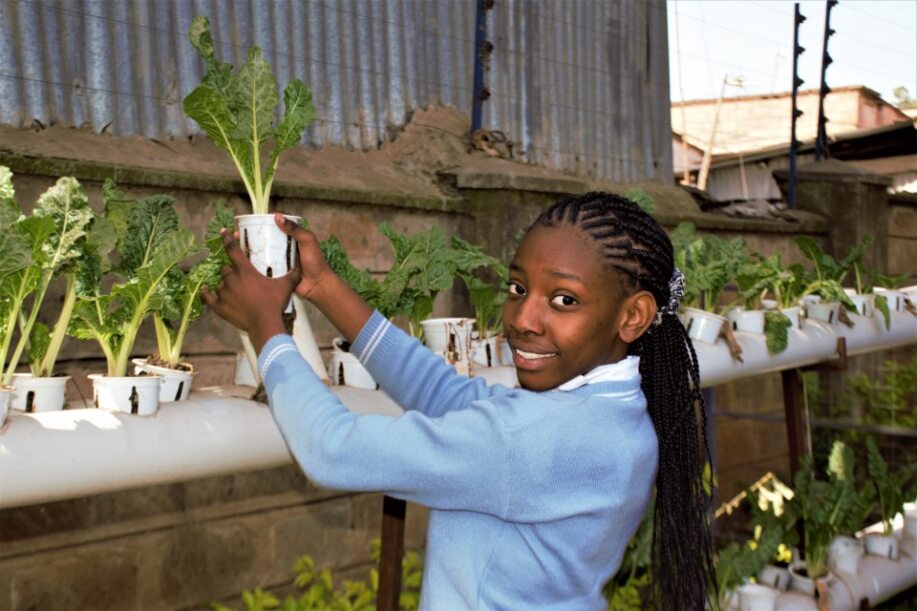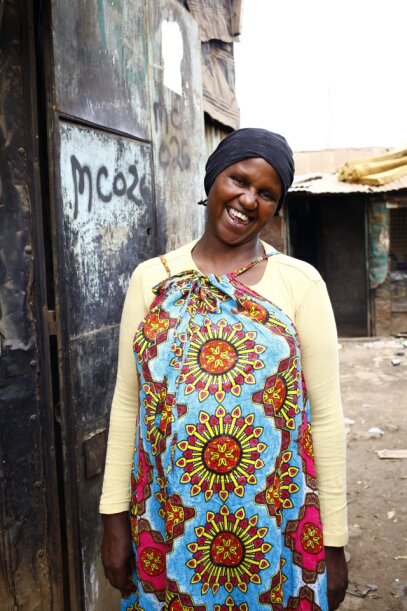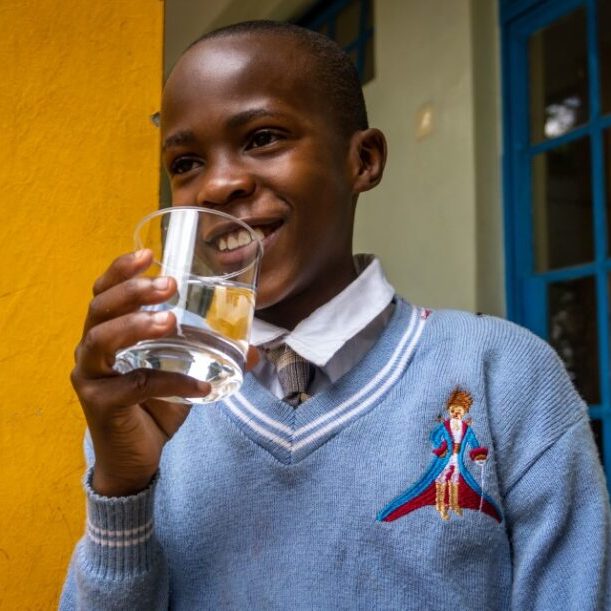The water crisis in Kibera's informal settlement
Acute water crisis is a pressing issue that significantly impacts the lives of residents, particularly in the densely populated informal settlement of Kibera, in Nairobi, Kenya. According to the United Nations, despite global progress in improving access to clean drinking water, one in three people still lacks this fundamental service. Kenya, classified as a chronically water-scarce country, faces the challenge of providing adequate water supply to its nearly 50 million people.
In Kibera, where approximately 500,000 people reside in a mere 250-hectare area, water scarcity is exacerbated by inadequate infrastructure, unreliable government supply, and contaminated water sources. The Kibera community, including the students of Little Prince School funded by AVSI, have faced the grim reality of unreliable and costly water access, with potential health risks looming large.
The scarcity of water posed a threat to the school's sanitation, academic performance, and overall well-being of 400 students. It aroses the fears of illnesses such as diarrhea and hygiene challenges especially for girls during menstrual cycles.
Little Prince School's struggle with water shortages
Little Prince School, located within the heart of Kibera, was established by AVSI in 2000 with the mission to provide quality, dignified education to the children of the slum. The school relies on private donor funds to offer education to these children, as most families cannot afford school fees. It stands out by providing unique activities such as theatre, visual classrooms, skating, and music, which are rarely found in other schools in the slum. The school's infrastructure caters to the well-being of its students, with a modern dining hall, proper toilet facilities, and safe spaces for learning.

For years, Little Prince School enjoyed the privilege of a borehole providing water. However, the recent drilling of a borehole near Toi Market, adjacent to the school, has significantly impacted the water levels of the school's borehole, leading to water shortages and difficulties in pumping water. These issues are further worsened when the rainy season is short-lived.
We have been experiencing water shortage in school for a while now because the water levels in the borehole are low
Simon Mwangi, Little Prince School Deputy Teacher
Flowing education: AVSI and AVAID's Maji ya Masomo project tackling water shortage in Kibera
To combat the water shortage in Kibera, specifically in Little Prince School, AVSI together with AVAID with funding from FOSIT is implementing Maji ya Masomo project, which translates as Water for Education project. This one-year initiative aims to ensure a consistent, reliable supply of adequate safe water for both Little Prince School and the Kibera community.
The Maji ya Masomo Project is a source of hope in Kibera's struggle for water. This project seeks to provide Little Prince School with a reliable water supply, enabling children to focus on their studies without the added burden of water collection.
The project has put in place six water tanks that provide the students with a constant supply of 60,000 liters of safe water. A solar management system has also been installed to allow efficient pumping.
Additionally, the project has contributed to the effectiveness of the hydroponic farms that utilize the excess water to support the school to provide additional food, mostly vegetables to be included in the nutrition supply of the school. This sustainable initiative not only enriches the educational experience but also provides better nutrition solutions for the children.

The Maji ya Masomo project does not stop at the school gate; 200 parents of the students have been trained on proper utilization of water including water recycling and treatment. Consequently, 100 parents have been equipped with 250 liter water storage tanks that allows them to collect water, treat it and use it for drinking and cooking. With the availability of sufficient water for longer periods of family use, children are then able to spend more time studying rather than drawing water from water vending points.
Amina’s story
Amina, a Kibera resident and a mother of four children, knows the daily struggle for water. Today, however, she can afford to smile; her children, once back from school, now have time to do homeworks and play with other children. The water tank she received from the project serves as a water resevoir; thus reducing the need to conrinuously collect water from water points.
From the training, she now understands the need of drinking safe water and thus practices water treatment practices such as boiling it.
“I am happy because of the water tank I received from the project, with it, I can store water and treat it easily for use” says Amina.
Amina’s story shows the impact of Maji Ya Masomo project on the Kibera Community and the need to promote knowledge transfer within the communities for increased resilience. This is an avenue to reduction of communicable disease hence promoting ease to education access for children and heathy living in the communities.





